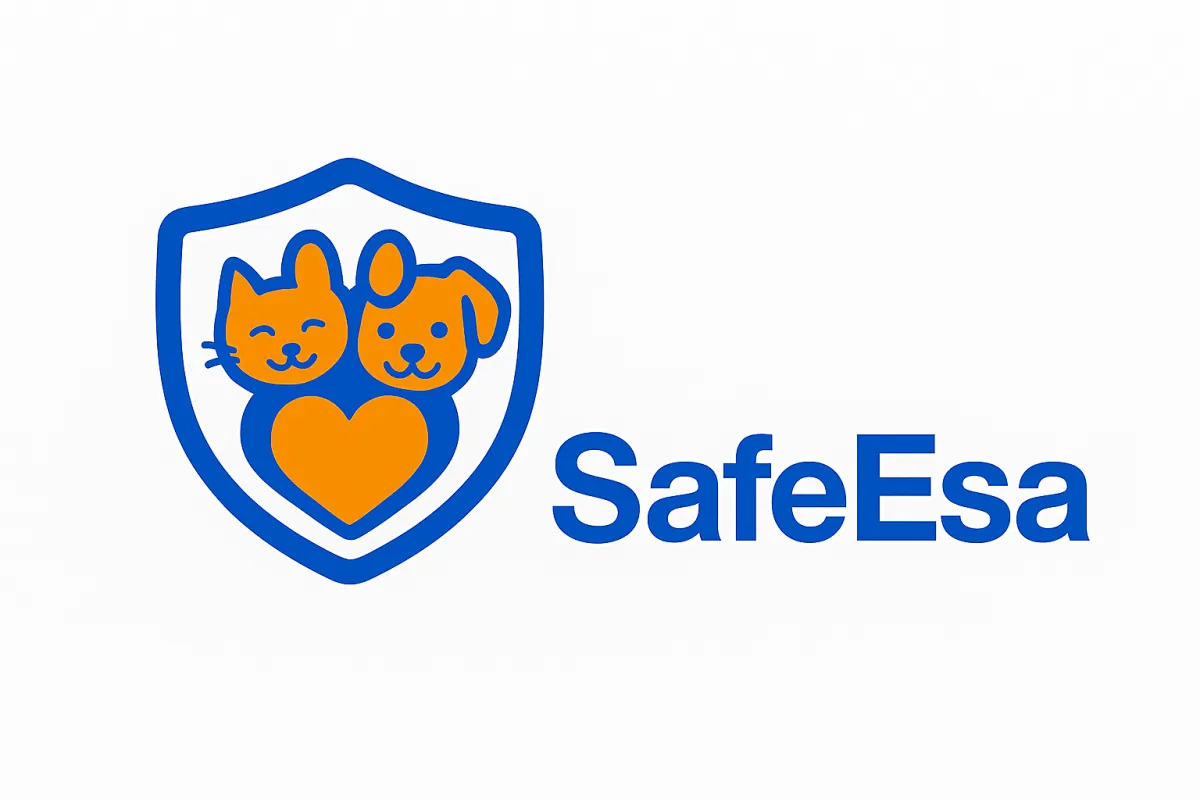STILL NOT SURE?
Frequently Asked Questions
We Understand Your Concerns
Navigating the world of Emotional Support Animals can be confusing and overwhelming. We've heard your questions, felt your frustrations, and are here to provide clarity. Below, we address the most common concerns our clients have shared, offering straightforward answers to help you make informed decisions about your emotional well-being and legal rights.
What is an Emotional Support Animal (ESA)?
An Emotional Support Animal is a companion animal that provides therapeutic benefit to an individual with a mental or emotional disability. Unlike service animals, ESAs do not require specific training but are prescribed by a licensed mental health professional as part of a treatment plan.
How is an ESA different from a service animal?
ESAs provide comfort through companionship and can help ease anxiety, depression, and certain phobias. However, they are not trained to perform specific tasks for a disability. Service animals, on the other hand, are trained to perform tasks directly related to an individual's disability.
Do I need a letter for my ESA?
Yes, to qualify for ESA rights, you need a letter from a licensed mental health professional stating that you have a mental or emotional disability and that an ESA is part of your treatment plan.
Is my ESA letter valid nationwide?
Yes, our ESA letters comply with federal regulations and are valid across the United States. However, some states may have additional requirements, which we can advise you on.
How long is an ESA letter valid?
Typically, ESA letters are valid for one year from the date of issue. We recommend renewing your letter annually to ensure continued compliance.
Can my landlord refuse to accept my ESA?
Under the Fair Housing Act, landlords must make reasonable accommodations for ESAs, even in buildings with "no pets" policies. However, there are some exceptions, such as if the animal poses a direct threat to others.
Do airlines have to accept my ESA?
As of 2021, airlines are not required to accommodate ESAs in the cabin for free. Each airline has its own pet policy, which may allow pets in the cabin for a fee.
What types of animals can be ESAs?
While dogs and cats are the most common, any domesticated animal can potentially be an ESA. The key is that the animal provides emotional support and can be reasonably accommodated.
Is Safe ESA's service legitimate?
Absolutely. We work with licensed mental health professionals and ensure all our processes comply with federal and state regulations. Our goal is to provide genuine support to those who need it while maintaining the integrity of the ESA system.
How It Works

Complete
our online assessment.

Consult
with a licensed therapist.

Receive
your ESA letter.

Fresh, Creative Solutions
At Safe ESA, we're constantly evolving our approach to meet your needs. Our innovative process combines cutting-edge technology with compassionate care, ensuring a seamless experience from start to finish. We stay ahead of legal changes and industry trends to provide you with the most up-to-date, effective support.

Honesty and Transparency
Trust is the foundation of our service. We believe in complete transparency throughout the ESA letter process. Our team of licensed professionals adheres to the highest ethical standards, ensuring that every letter we provide is legitimate and compliant with current regulations. With Safe ESA, you'll always know exactly where you stand.

Top-Notch Services
We settle for nothing less than excellence in everything we do. From our user-friendly website to our thorough mental health evaluations, every aspect of our service is designed to exceed your expectations. Our team of expert mental health professionals is committed to providing you with the highest quality care and support. Choose Safe ESA for an unparalleled ESA letter experience.

FOLLOW US
COMPANY
1-866-311-1178
CUSTOMER CARE
LEGAL
Copyright 2025. Safe ESA. All Rights Reserved.
